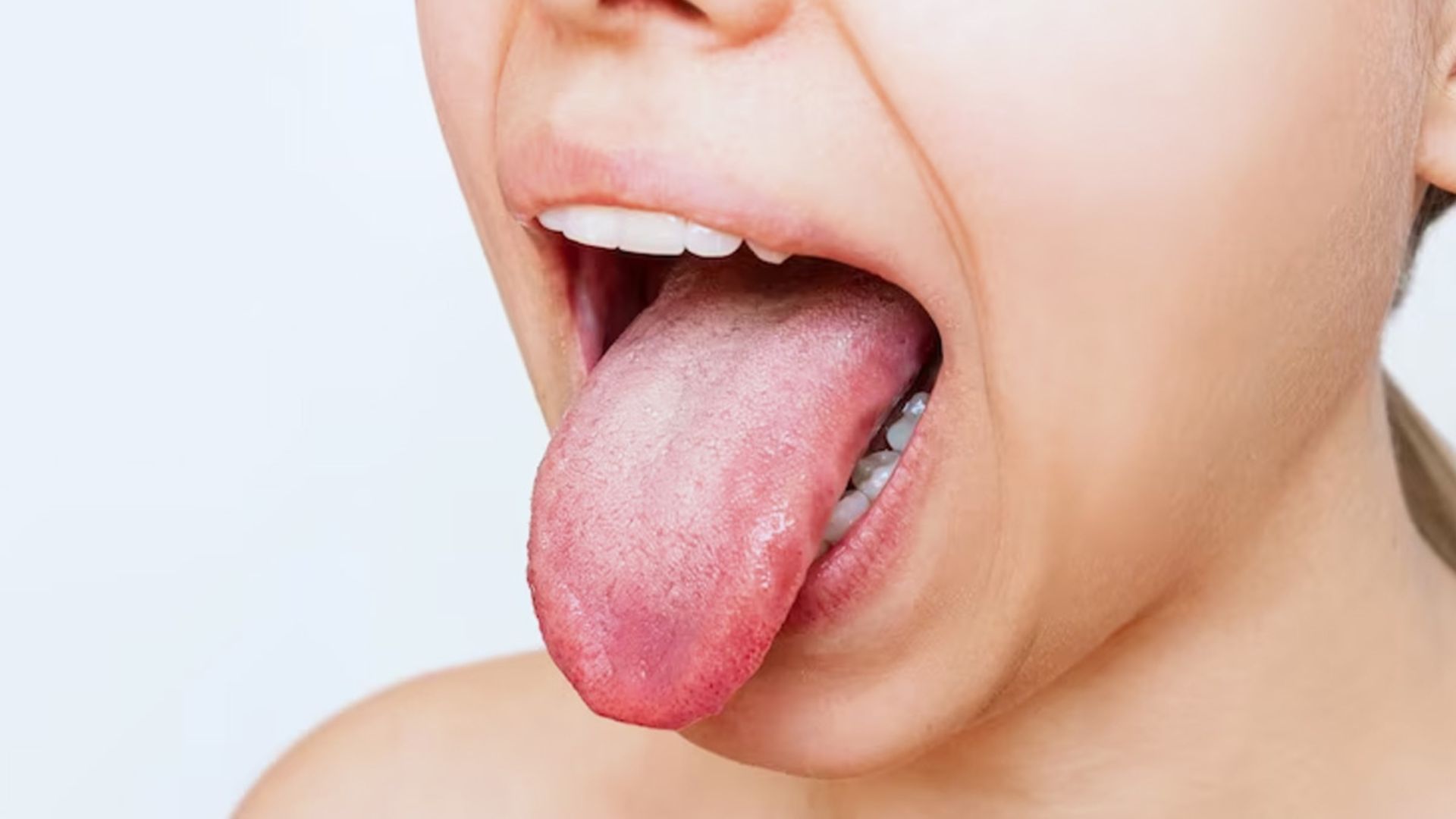Have you ever taken notice of the look of your tongue?
Most of us don’t! However, medical evidence shows that symptoms in the tongue vary in some diseases. The color of your tongue can surprisingly well indicate your general health. Alterations in color of the tongue very often are temporary and innocuous, but some permanent alterations could be an indicator of another health condition. The tongue is a muscular organ covered by papillae, taste buds, and mucous membrane, which sometimes shines some light on different aspects of your health.
White Coating on Tongue
A white coating may be a sign of poor oral hygiene; possibly the person has bacteria overgrowth or a fungal infection, such as oral thrush. It can also be a sign of dehydration or irritation.
Strawberry Tongue
A reddish or strawberry-like appearance might mean vitamin deficiencies, especially of B vitamins, or Kawasaki disease, an illness which affects blood vessels. The latter is more common in children.
Black Hairy Tongue
This is due to the elongation and discoloration of filiform papillae in the tongue. It is usually harmless but can be caused by a poor oral hygiene habit, smoking, too much intake of coffee or tea, or use of antibiotics.
Blue or Purple Tongue
This may present with a bluish or purplish color due to decreased oxygen in the blood that can be related to a problem of respiration or cardiac diseases. This could also point to cyanosis that presents due to less oxygen content in the blood.
Pale Tongue
A pale tongue can be associated with anemia or low levels of iron. This is because it directly affects oxygen transport in the blood. It can also imply weak circulation or the inability of the body to absorb the nutrients.
Geographic Tongue
Geographic tongue is often harmless and is characterized by the presence of irregular red patches bordered by white. But it could be associated with psoriasis or other diseases that are auto-immune-related.
Yellow Tongue
A yellowish tinge may be due to bad oral hygiene, smoking, or excessive intake of certain foods. Sometimes it can be an indication of something wrong with the liver or gallbladder, like hepatitis or cirrhosis.
How to Have Healthy Tongue
-Oral hygiene is to be done by brushing your teeth and tongue frequently.
-You should keep yourself hydrated to avoid dryness and irritation.
-Use tobacco and caffeine less or avoid them.
-Dietary changes and medications must be known to cause some changes in the color of your tongue.
-Discoloration as a sign, when present and persistent. Most importantly, any troubling change in other signs or symptoms deserves immediate consultation with a health professional.
Health and the sense of health accompany good oral hygiene, which comes along with maintaining self-examinations. Health care providers therefore assist with dealing with disturbing changes once there is a problem or cause for concern by making the right diagnosis and planning appropriate interventions to undertake.







